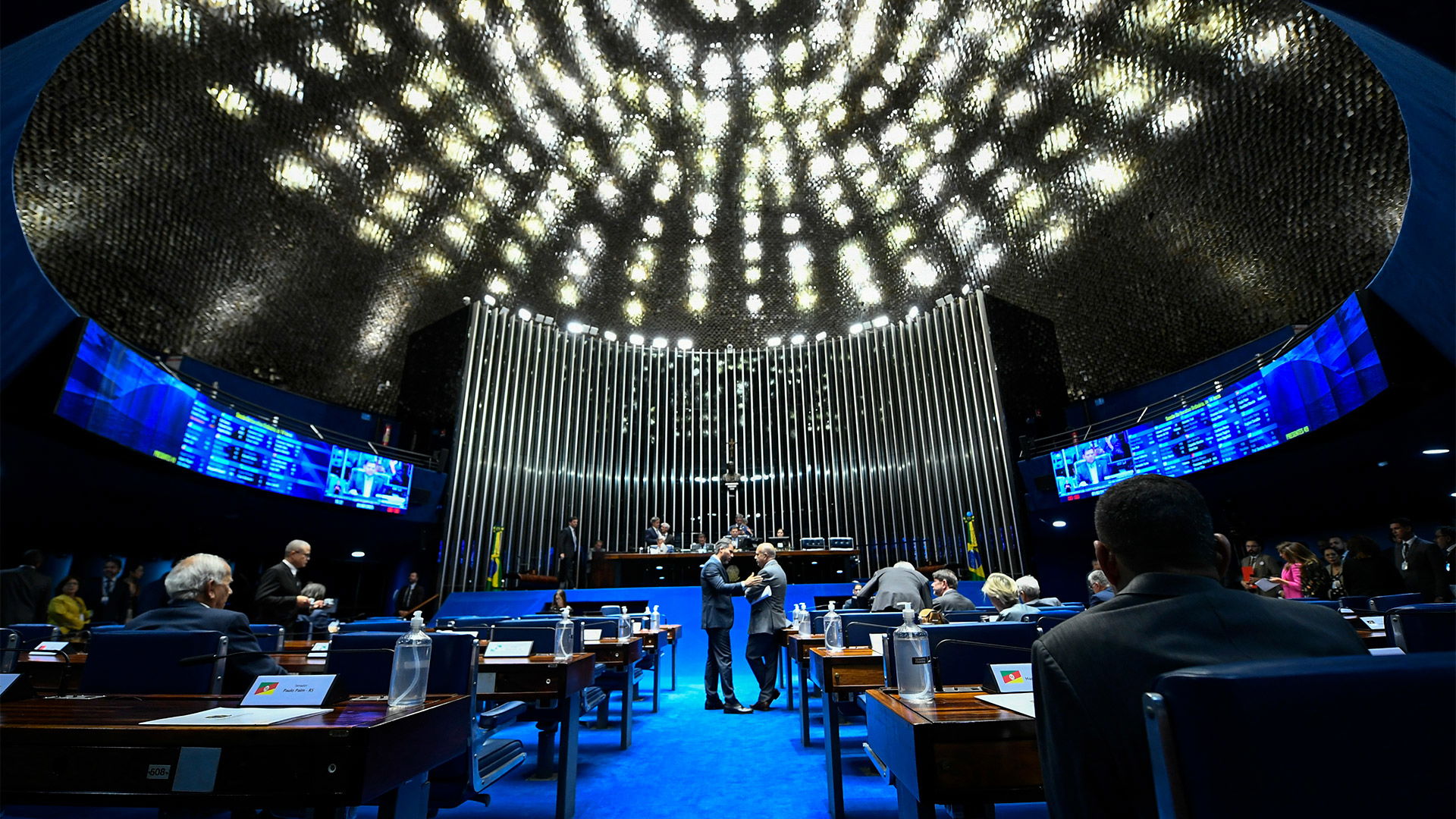Guaranteed prize: Transforming a skill game into pure lottery

Valéry Bollier has over eleven years of experience in the iGaming industry. He is a regular speaker at industry conferences and seminars, as well as a contributor to various BtoB publications. Equipped with a passion for Daily Fantasy Sports (DFS) and ”Big Data”, Bollier is the co-founder and CEO of Oulala, a revolutionary fantasy football game which was launched three years ago.
It finally became possible for customers to prove their superior knowledge in sports to their peers, an understanding that allowed them to become a better manager.
For the first few years, the market developed at a very slow pace; FanDuel only had 4,000 customers in 2011, the same year that DraftKings arrived on the market. That very year then spawned a very healthy dose of competition that proved to be highly beneficial for the sector’s growth. With two different respective strategies in place, where FanDuel grew organically while DraftKings’ main growth occurred through acquisitions, in addition to an aggressive marketing strategy, a boost in their numbers was quick to follow, growing at an impressive speed. By 2014, FanDuel had reached 1 million customers.
Anchored by this success, they both raised $350M between August of 2014 and August of 2015. The money was indeed a huge game changer, however, it also became the factor that changed the entire nature of the game itself. Up until then, DFS operators were real market places. Customers were able to create or join a league, enter money into a common pot and possibly win that common pot. The invisible hand (Adam Smith) was effectively auto regulating the customer market perfectly because there was no external influence prevaricating the market.
However, the gargantuan marketing plan that followed was based on a very simple formula: replacing the common pots with more appealing guaranteed prizes.
Consequently, this decision created a heavily unbalanced ecosystem and denatured the concept of DFS. The concept and goal of the game was no longer a way for customers to prove something to their peers but, rather, they began to aim solely for the guaranteed prizes. Customers no longer created one or two teams per league, but rather went on to create hundreds of them instead. Soon enough, a stream of analytical whizzes began to enter the game, recognizing that their mathematical and statistical knowledge would enable them to improve their probability of winning. These professional customers began to swarm in like sharks, dominating the ecosystem and cleaning other average sports fans, the little fish, out of their money. According to a study from McKinsey, only 15% of DFS customers make a positive return on investment.
““American DFS sector is now facing a very challenging period of time
”
Moreover, both companies’ advertisement campaigns underwent a radical change. Rather than debating over skill, they went on to tickle people’s interest with prospects of a guaranteed prize instead: “Win $1 Million”, “Win $5 Million”. The results of this emerged not only in the seeming transformation of their game into a lottery, but also in the manner that they began to communicate, very much resembling that of a lottery.
In doing so, they regrettably shot themselves in the foot, since while the American legislature allows DFS in the form of a skill game, it could not allow its mutation into a lottery.
Hence, the American DFS sector is now facing a very challenging period of time. A number of federal states have banned DFS,2 and many class action suits have been filed against them. In states where it may become legal, they will face heavy regulations and taxes that will effectively amputate their business model. Their future is looking rather bleak on the other side of the Atlantic with the extensive damage done to their market, which is why they have now turned their eyes in our direction.
We, at OulalaGames, believe that healthy competition is the best thing that can happen for us and indeed we warmly welcome any American DFS operator willing to help us build the European market. However, our hope is that Europe will be able to evade the reproduction of the same mistakes that were done in the USA.
DFS will only work successfully in Europe if it maintains its pure, original DNA. If DFS were merely another branch of lottery, it would fail miserably simply because, with iGaming being legal, the game would have nothing new to offer to its customers.
Furthermore, by trying to maintain the facade of being a skill game when the game is actually solely one of luck, operators will be unable to deliver on the promise they would be making to their customers: that the latter would be able to prove the superiority of their sports knowledge to their peers.
Following a few years of scepticism, skill game licenses are now a real subject of interest. Denmark has recently launched a very promising law, and Malta will follow soon,3 while other legislators from the biggest European countries have also begun to take a closer look at this emerging and promising market.
Our legislators are therefore entrusted with a great responsibility, since the future of our sector lies in their hands. Should they create a real skill game license, they will lead our sector, and themselves, straight onto the path of success. However, if they choose to follow in the Americans’ footsteps by allowing massive guaranteed prizes, legislators will most likely simply condemn our sector before we can even progress any further.
Certainly, rich DFS companies can be very persuasive, with very attractive short term prospects such as employment and international visibility, to name a few. However, it would be prudent for legislators to keep the mid to long term interests of the customers in mind. A skill game license that does not strictly limit guaranteed prizes would allow the licensee to mislead their customers by masking their true self and pretending to be something they are not. This would only result in a severe catastrophe for the sector, where frustrated customers may even go as far as suing the legislator responsible for granting a skill game license to an operator that does not, in fact, offer a real skill game.
Guaranteed prizes destroyed the flourishing DFS American market. All of us, operators, legislators, even customers, must learn from this failure to build a healthy and sustainable market in Europe.

















